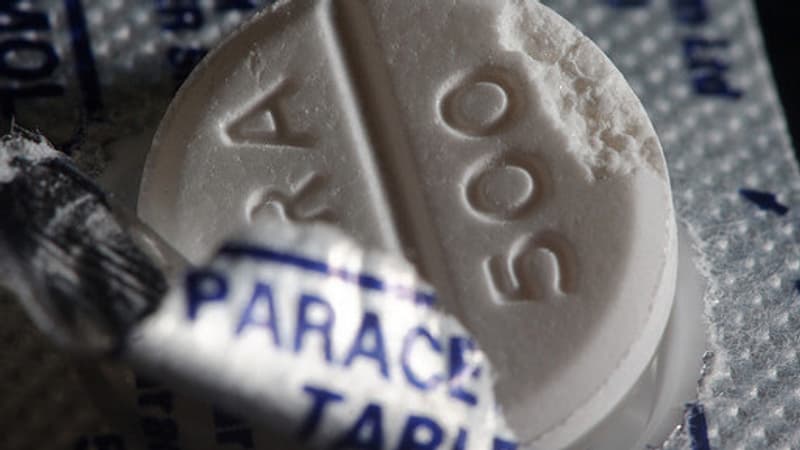The Senate Inquiry Commission on drug shortages prioritizes a European health response in its recommendations report published this Thursday, after the strong tensions and supply cuts last winter.
In its report presented after five months of investigation and more than fifty hearings of health professionals, patient associations and representatives of the sector, the commission sets the European scale as the “priority framework” for the actions to be carried out to stop and prevent the risk of shortage.
Among its 36 lines of thought, the sustainable relocation in Europe of the production of essential medicines and the reinforcement of the “supply obligations, transparency and management of shortages at a European level”.
clear worsening
To promote the redistribution of available stocks within the European Union, the report also encourages “harmonizing national packaging and labeling standards” and encourages “the use of paperless leaflets for essential medicines.”
It also advises “promoting greater coordination between the different drug price regulators at a European level, to avoid the effects of competition that could aggravate shortages.”
Since 2018, the commission has observed a “clear worsening” of the situation, which it compares to a “form of global health scandal.”
The phenomenon of shortages, which mainly affects low-cost medicines due to their age, has been amplified by the pandemic followed by the triple epidemic of Covid-19, influenza and bronchiolitis last winter, which caused significant tension over pharmaceutical products. commonly used, including amoxicillin and paracetamol.
In its report, the commission considers that, in terms of drug policy, “the conduct, price regulation, organization of production, public support for research and innovation must be questioned and refounded.”
lack of anticipation
He criticizes the French authorities for having “lack of reactivity and anticipation” last winter and the industrialists for having “erroneously based their forecasts on previous winters”.
Thus, it calls for “more control over the credibility of manufacturers’ expectations” regarding the most essential products, in view of the winter seasons, better control of mandatory stocks and “strengthening of shortage risk detection capabilities based on commercial and epidemiological data”. “.
Pointing to a dispersed management of drug policy in France, he finally proposes the creation of a general secretariat for drugs under the authority of the head of government, to coordinate an action that is too often carried out “in silos”.
Source: BFM TV


